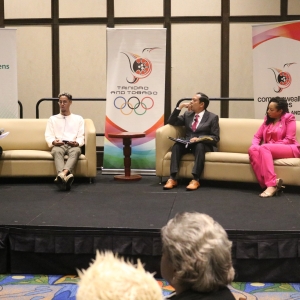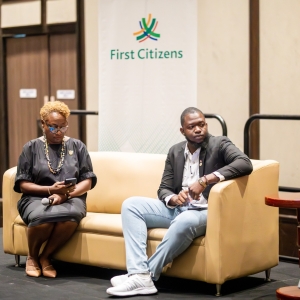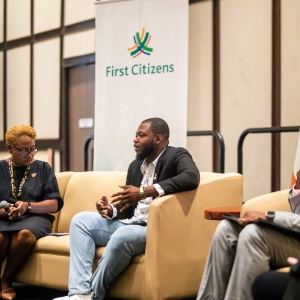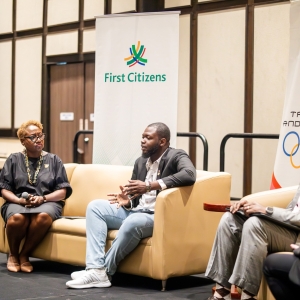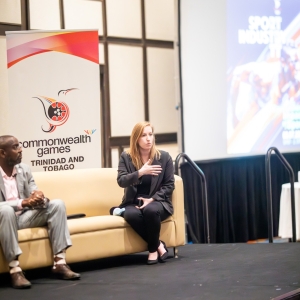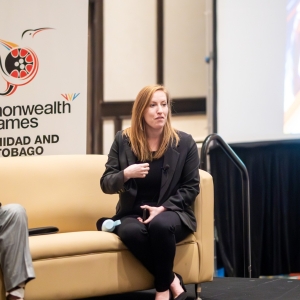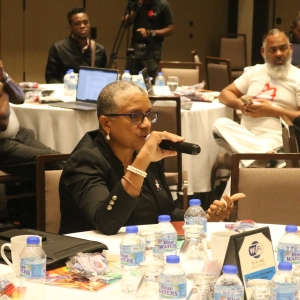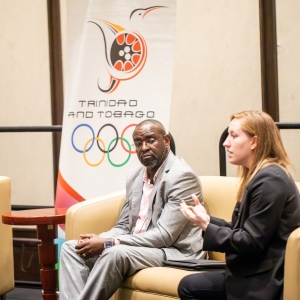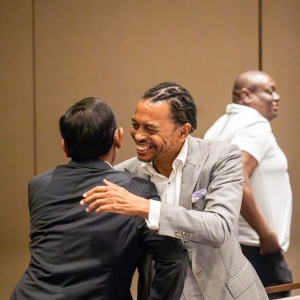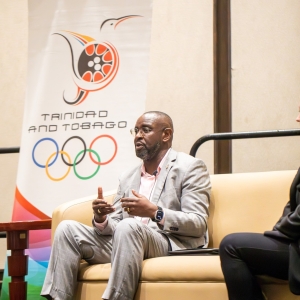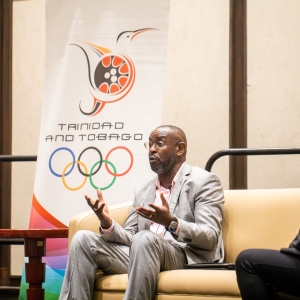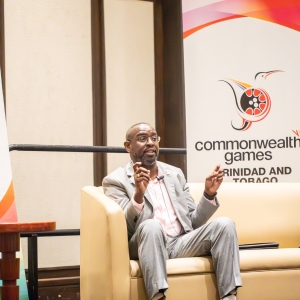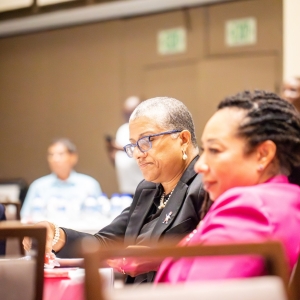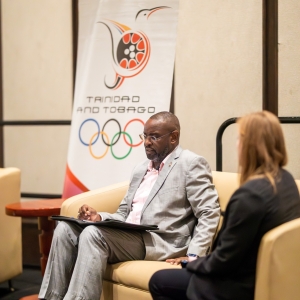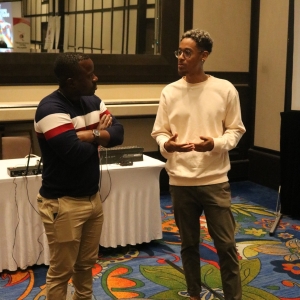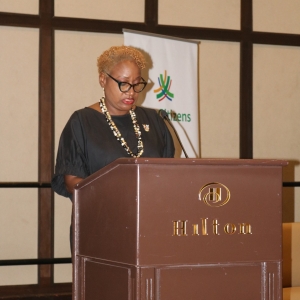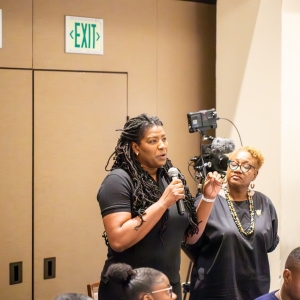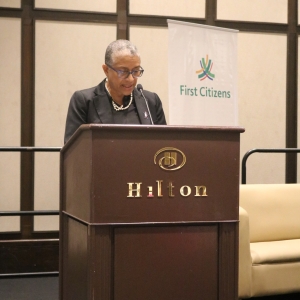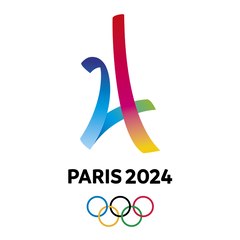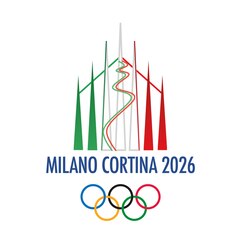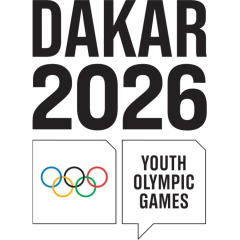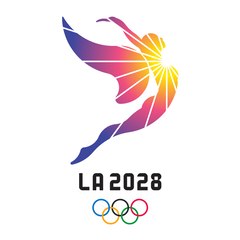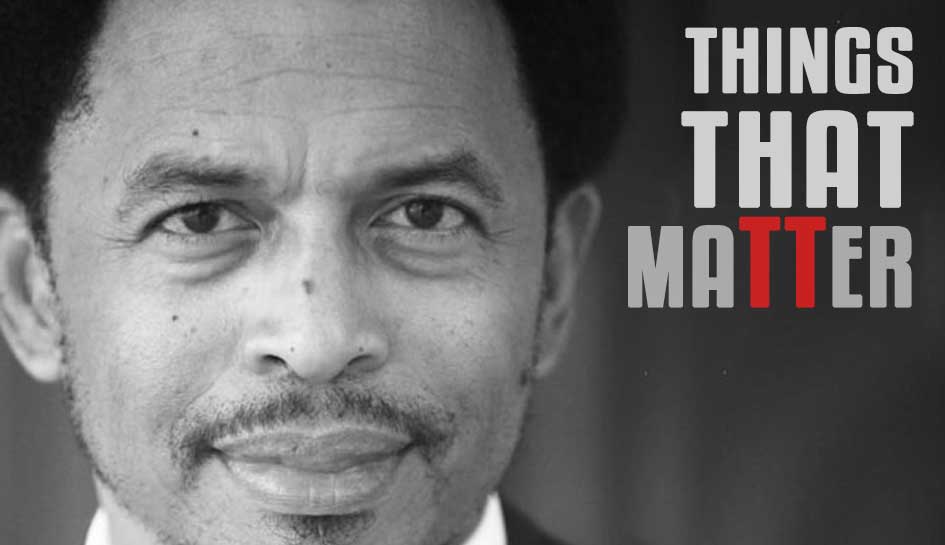Most individuals are of the view that the chief aim of the International Olympic Committee is to look after the awarding and the proper staging of the Olympic Games, but this is only one of them. The others are:
"To promote to development of those physical and moral qualities which are the basis of Sport"
"To educate young people through Sport in a spirit of better understanding between each other, thereby helping to build a better and more peaceful world".
"To spread the Olympic Principles throughout the world, thereby creating International Goodwill" and finally,
"To bring together the athletes of the world in the great four-yearly Sport Festival - The Olympic Games".
And now to the history of the Movement-
The ancient Olympic Games were held in Olympia, Greece, every four year from at least 776 BC, until they were banned by Emperor Theodosius in 389 AD. Originally, there was only one race, a Sprint event, and the prize for the winner was an Olive Wreath. As time went on, other races were added, as were other Sports including Boxing and Wrestling. Prizes became more elaborate, and there were even cases of bribery and corruption. A unique feature of the Games was that at the time of the staging, countries who were at war laid down their weapons, competed, and reverted to the war after the event.
The Modern Olympics as we know it was the brain child of the person now known as the "Father of the Modern Ollympics", a Frenchman by the name of Baron Pierre de Courbertin. The Baron first proposed the idea of restaging the glourious athletes and cultural festivals of ancient Greece, and specifically the Olympic 'Games in' 1892, but he got a cool reception from his countrymen, so he took his idea to friends in other Natis and received enthusiastic support.
Two years later, an Olympic Congress met in Paris and decided to stage its first Modern Olympics in Athens in 1896, the capital and the homeland of the ancient Games. Since then, the Games have been celebrated every four years, with the last being staged in Seoul, in September-October 1988.
A significant point to note is that the Games are celebrated in the first year of the Olympiad (the expression "Olympiad" means a period of four successive years which follow the Games)
The first Olympic Games of modern times was celebrated in 1896. Subsequently Games are numbered in consecutive order, though it has been impossible to hold the Games in every Olympiad.
To elucidate, ninety-six years spanned the period from 1896 - 1992, thus the 25th Olympic Games were celebrated in Barcelona in1992 despite the fact that the Games were not held in the years 1916, 1940 and 1944 due to the First and Second World Wars. To date, one country had the privilege of staging the Games on three occasions.
The United States of America - St. Louis in 1904, Los Angeles in the years 1932 and 1984. Three countries hosted on two occasions, Great Britain and Northern Ireland inthe years 1908 and 1984 in London; France in the years 1900 and 1924 in Paris; and Germany in 1936 (Berlin) in 1972 (Munich). The number of countries taking part in the Games varied from twelve in St. Louis in 1904 to one hundred and sixty -seven in Barcelona in 1992, whilst competitors and officials varied from three hundred and elevenn Athens to 15,000 in Barcelona in 1992.

